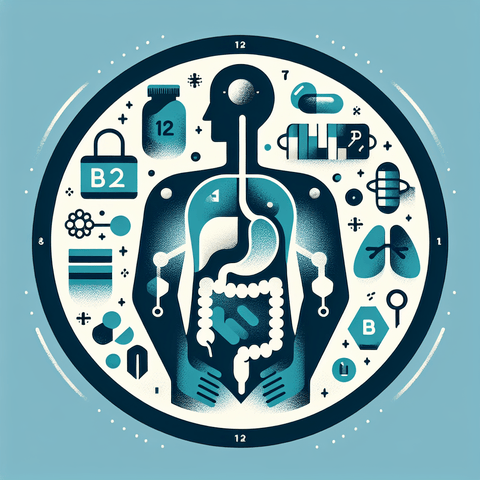Spot the early signs of B12 deficiency before they worsen. Learn the top symptoms, who's at risk, and what to do next to protect your health. In this guide, we highlight b12 deficiency symptoms to watch for, explain who may be more likely to notice them, and outline practical steps you can take to safeguard your wellbeing. Common b12 deficiency symptoms to watch for include fatigue and weakness, pale or yellowish skin, shortness of breath or dizziness with little exertion, and tingling or numbness in the hands or feet along with balance problems. You may also notice cognitive changes such as memory lapses, difficulty concentrating, or mood fluctuations, a sore or smooth tongue, or mouth ulcers. In some cases, vision changes can occur. Recognizing these signs early can help you seek a professional assessment and avoid unnecessary worry. Who’s at risk for b12 deficiency symptoms? Risk factors can include older age, conditions that affect nutrient absorption, such as certain gastrointestinal disorders or surgeries, and medications that influence nutrient uptake. People with persistent symptoms or a history of related health issues should consider an evaluation to determine whether B12 status is a contributing factor. What to do next to protect your health: If you notice possible b12 deficiency symptoms, arrange an appointment with a healthcare professional for a full evaluation. They may review your medical history, perform a physical examination, and order diagnostic tests such as a blood test to measure B12 levels and related markers. Early assessment helps determine the cause and guide next steps, supporting your ongoing health.






